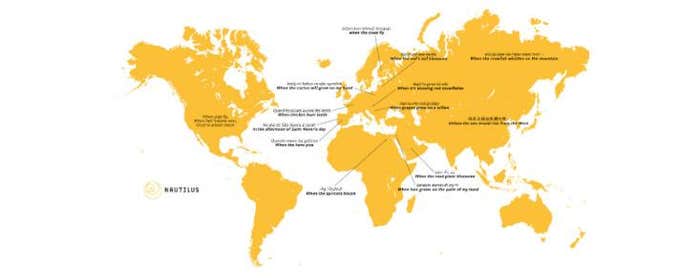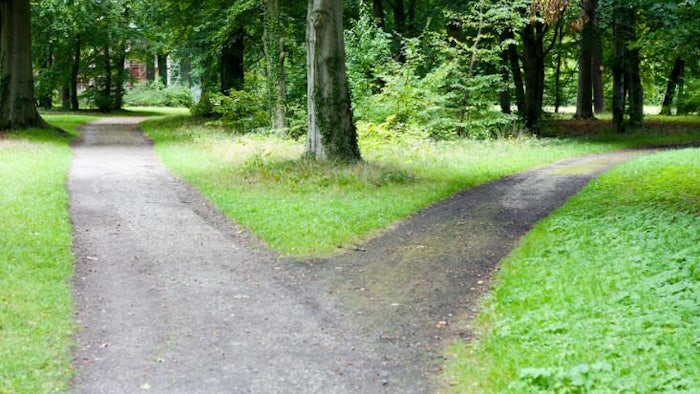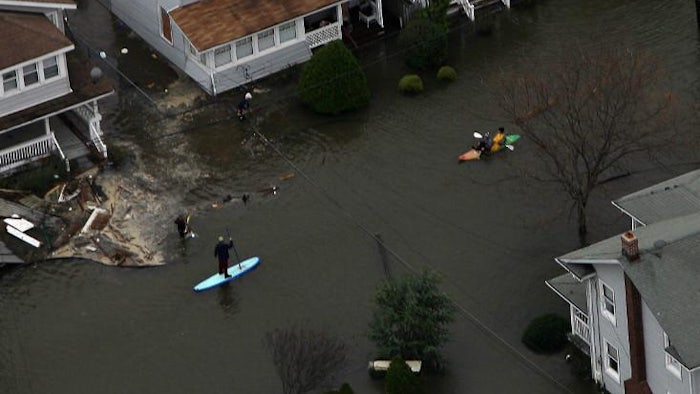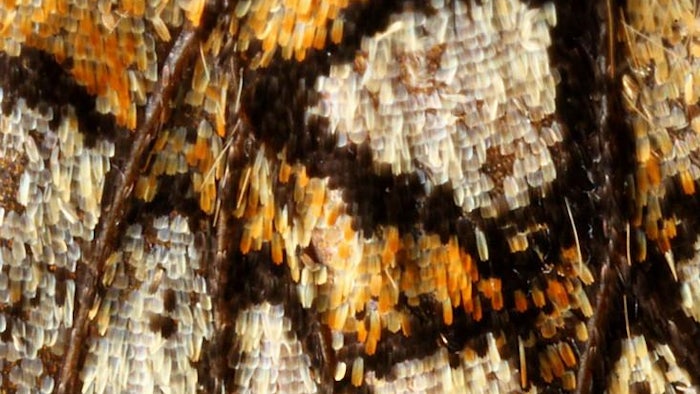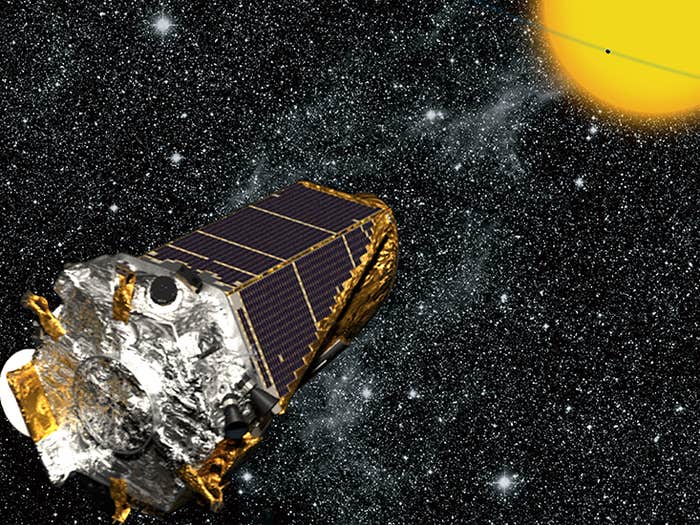Issue_2
39 articles-
When Pigs Fly, Crayfish Whistle, and It Snows Red Snowflakes
What do you say when faced with something so unlikely, so improbable, that you simply cannot imagine it ever happening? Perhaps you’ll admit your neighbor was right about who owns the shovel you’ve both used—when pigs fly. Or maybe your boss will give you that raise when hell freezes over. But would you ever say […] -
When a Planet Is Not Really a Planet at All
As astronomers point their telescopes up at the sky to learn about the cosmos, they tend to push those devices’ abilities to their limits. The edge of what we can measure is, of course, where all the interesting things are happening. The downside of this ambition is that the conclusions drawn from the newest data […] -
The Best Evidence for Dark Matter & the Uncertainty Therein
Nautilus Members enjoy an ad-free experience. Log in or Join now . If I told you that I was 99.81 percent certain I had made a big discovery, you might suggest it was time to break out the champagne. If I said the discovery resolved one of the biggest outstanding problems in science and […] -
The Remarkable Philosophy of the TV Show “House”
In his essay for “Uncertainty,” the second issue of Nautilus, David Deutsch explains why you can never be entirely sure that a thought is undoubtedly correct. Despite that, he says we can still learn true things about the world, and that information be used in important pursuits like medicine. Nautilus Members enjoy an ad-free experience. […] -
The Comforting Certainty of Unanswered Questions
Light was thought to travel through aether like waves on a lakeShutterstock Nautilus Members enjoy an ad-free experience. Log in or Join now . You might know the anecdote. In April 1900, Lord Kelvin, one of the most prominent physicists of the 19th century, stands in the speaker’s well of the Royal Society in London. […]
-

How to Tell The Future(s)
In 1972 the Club of Rome, an international think tank, commissioned four scientists to use computers to model the human future. The result was the infamous Limits to Growth that crashed into world culture like an asteroid from space. Collapse, calamity and chaos were the media take-aways from the book, even though the authors tried […]
-

How Science Helped Write the Declaration of Independence
On July 4, 1776, representatives of thirteen colonies on the eastern shores of North America signed a Declaration of Independence from England. Winning independence was still a bloody war ahead, an unlikely outcome. Declaring independence was rashness, potentially carrying a death sentence for treason. Not, perhaps, what you would expect of well-educated men, many of […]
-
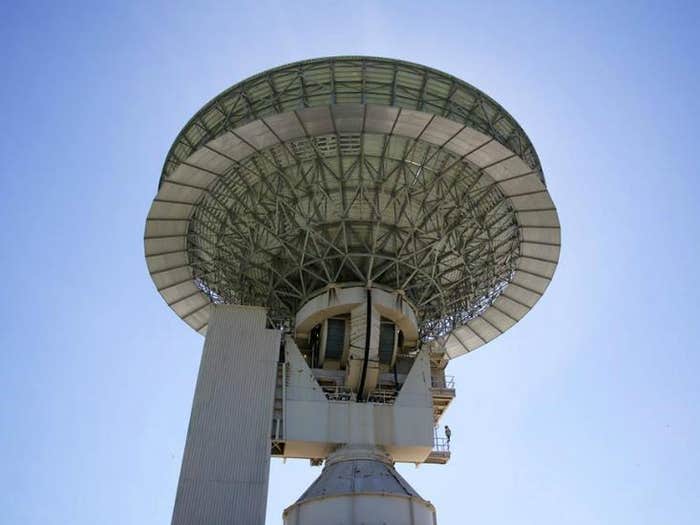
The Best Way Yet to Talk to Aliens (If They’re Out There)
“None knows whence creation arose; And whether he has or has not made it; He who surveys it from the lofty skies. Only he knows—or perhaps not.” Nautilus Members enjoy an ad-free experience. Log in or Join now . This is an edited snippet from a 3,500-year-old Vedic creation myth. I sent each of its […]
-
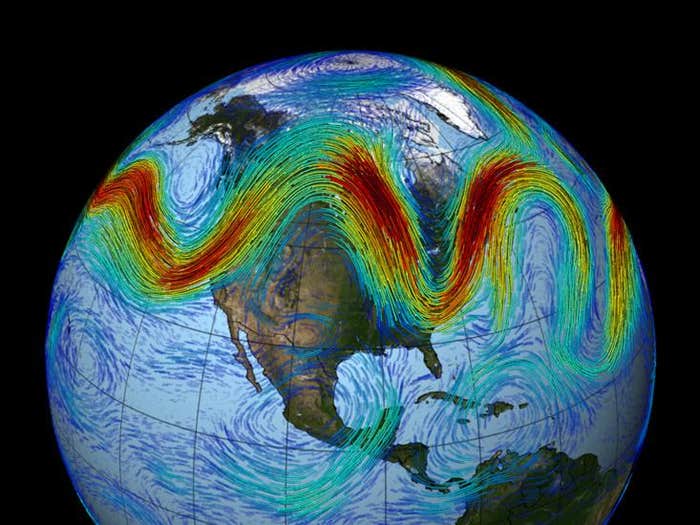
A Weather Man Who Reaches for Months, Not Days
If you want to know the weather tomorrow, meteorologists can tell you. If you’d like to know what it’ll be like in 50 years, climatologists can tell you that reasonably accurately, too. But if you want to know the weather six months from now? Nautilus Members enjoy an ad-free experience. Log in or Join now […]
-
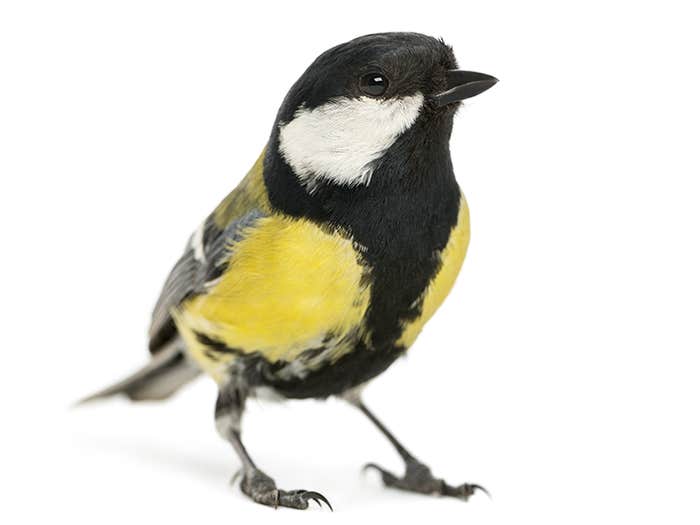
In Changeable Times, Inventiveness Could Save Your Species
There’s no doubt that the climate in many parts of the planet is changing quickly. The planet is getting hotter, sea levels are rising, storms are intensifying, many lands are drying up—and there are going to be more changes that will test organisms’ ability to adapt and survive. While many species on the planet are […]
-

Splitting Image: The Alternate Realities of the Multiverse
We tend to focus on major decisions as having momentous effects, but what if something as simple as a missed train could change the course of your life? And what if you follow two different paths to see which turned out better? That’s the premise of the 1998 film Sliding Doors, in which Gwyneth Paltrow stars […]
-
How Uncertainty Can Help Fight Science Denialism
Why is a statement like “vaccines cause autism” persuasive or not? Each side of the issue will no doubt claim some support, but if we know anything about psychology, it’s that facts don’t always settle an argument. Those who claim a link between vaccines and autism—without any evidence to support this claim—are just as certain […] -
In Global Warming’s “New Normal,” Florida May Be Uninsurable
This afternoon, President Obama gave a major speech at Georgetown University laying out his administration’s climate and energy policy. The most notable bit was probably that he’s directing the EPA to take the unprecedented step of creating federal limits on power plants’ emissions of carbon dioxide, the gas that is the main driver of global […] -
Organized Chaos Makes the Beauty of a Butterfly
Take a look at a butterfly’s wing, and you can learn a lesson about life. Not that it’s beautiful, or fragile, or too easily appreciated only when it’s fading—though all that is true, and evident in a wing. Nautilus Members enjoy an ad-free experience. Log in or Join now . Look very close, at the […] -
Taming the Unfriendly Skies
How one airline wrestles with the uncertainty of weather. -
Clever Apes, a Busted Telescope & the Adjacent Possible
The Kepler spacecraft had a pretty good run. Launched in 2009, it soon settled into its intended orbit around the Sun, trained its image sensors up at a patch of sky about as big as your fist held at arm’s length, and began watching, which it’s been doing ever since. Kepler’s job is to find […]















